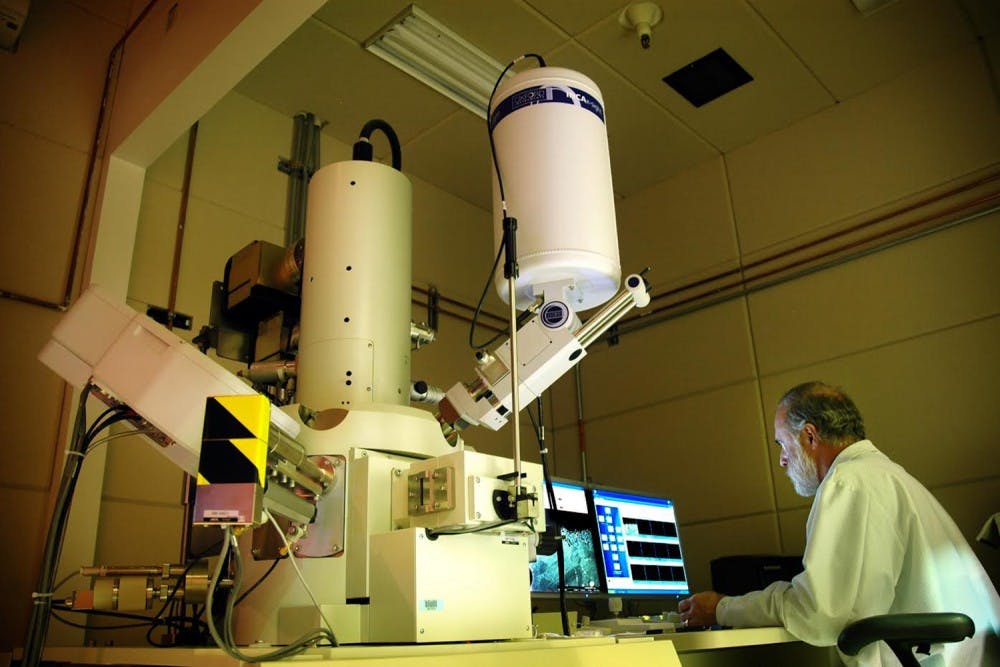The National Institute of Health is an essential contributor to scientific progress at the University, providing a major source of funding for countless research projects across many schools, such as Nursing, Medicine and Engineering.
“In many ways, NIH grant funds are the backbone of not only U.Va's research enterprise, but all other Tier 1 research institutions,” said Michael Williams, director of the UVA Center for Health Policy. “Not only do we rely upon several of the funding mechanisms currently available from the NIH to support clinical and basic research — training grants are also essential to foster young investigators' careers.”
Over the years, Congress has allocated various amounts of money to the NIH — causing the institution to experience periods of both increased and decreased funding.
University researchers have felt the effects of these changes directly, as they struggled to continue their work when spendable research funds were diminished from 2003 to 2015, due to inflation and a process called “flat funding.” After this period of decline, Congress increased the NIH budget by 5.9 percent in 2016. This equated to the creation of about 820 research grants — some of which were apportioned to the University.
“Last year we had actually saw a little bit of light break through the clouds after that long decline in real funding,” said Jay Fox, director of Research Infrastructure for the University Office of Research. “If you look at the School of Medicine’s funding from the NIH, we had actually gone up substantially this past year.”
However, President Donald Trump’s administration’s newly released budget proposal would severely undercut research funding to various institutions. Announced on March 16, the plan calls for a reduction in funds for many scientific agencies such as the Environmental Protection Agency and the NIH.
Despite last year’s promising budget expansion, the researchers would see a reversal of those gains if Trump’s proposal goes into effect, as his plan looks to eliminate a large portion of the money previously designated for the NIH.
“The Trump budget is going to cut … Around 18 percent,” Fox said. “It could potentially be an 18 percent cut that we would see [at the University], depending on how well we compete for what’s left.”
This truncated budget would result in a decreased amount of research grants coming to the University — making it increasingly difficult for faculty to perform research as well as hire graduate students and offer undergraduates laboratory research experience.
In addition to providing grant money, the NIH also pays indirect research costs to cover areas not supported by grants. These indirect funds help maintain and improve research center infrastructures, including the building of laboratories and buying of new equipment.
“Depending upon the nature of the cuts — personnel, operational dollars, indirect costs, etc. — entire labs might have to shut their doors entirely,” Williams said. “The effects would in all likelihood spill forward to future generations of scientists who [would] never have the chance to start a project, let alone an entire lab.”
Further potential costs of the Trump plan could involve a reduction in intellectual property development at the University, as well as a limitation of the opportunities for patients to partake in clinical trials — which is essential to improving patient care.
“The major effort going on across the country to more rapidly translate research into improvements in the human condition would slow dramatically, if not come to a halt,” Williams said. “There is no scenario in which this is good for [the University] or American scientific prominence.”







